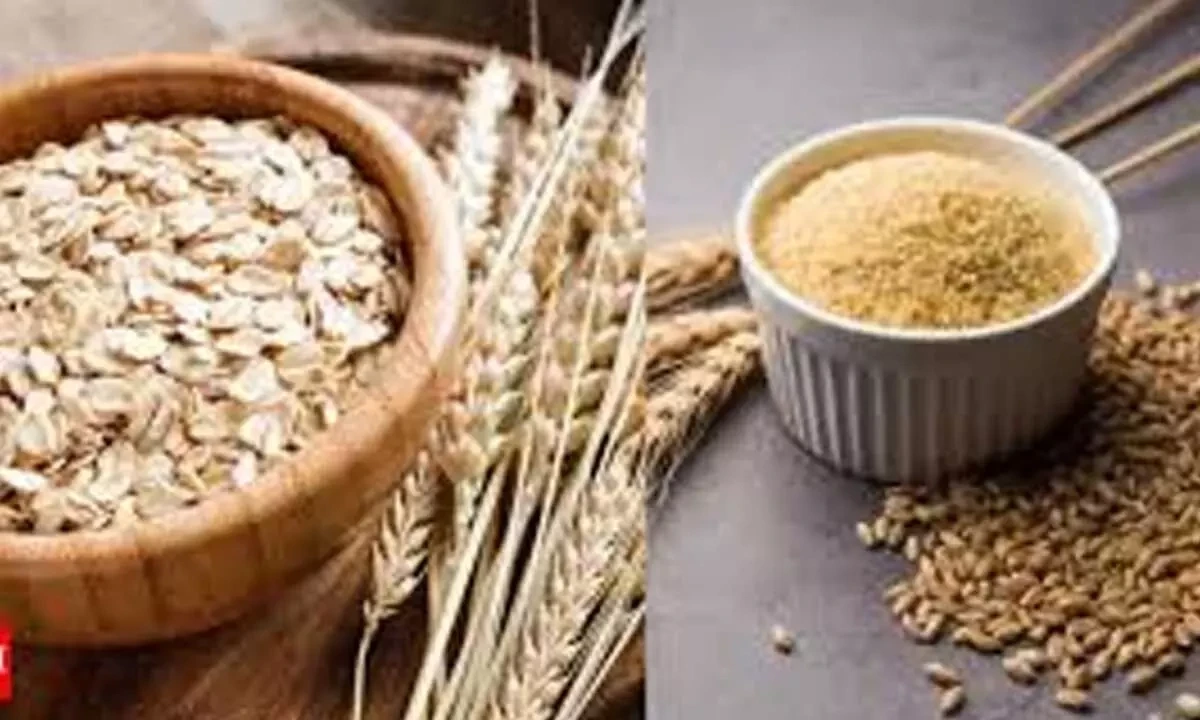Breakfast lays the foundation for a healthy day, and in Indian kitchens, oats and dalia often take centre stage. Both are loaded with essential nutrients, fibre, and energy-boosting benefits.
Yet, when it comes to gut health and weight loss, understanding the differences between these two popular grains can help make the right choice.
Nutritional Profile and Fibre Content
Oats and dalia are both rich in fibre, but they differ in how that fibre supports the body. Oats are high in soluble fibre, which forms a gel-like texture in the stomach and slows digestion. This process helps keep you fuller for longer, stabilises blood sugar, and lowers bad cholesterol levels. Dalia, made from broken wheat, provides more insoluble fibre that adds bulk to stool, aids smooth digestion, and prevents constipation. This makes dalia a natural digestive aid and a friend to gut health.
Energy Release and Glycaemic Index
The difference in energy release between oats and dalia is another key factor. Dalia has a lower glycaemic index (GI), meaning it releases glucose into the bloodstream more gradually. This provides sustained energy and prevents sudden sugar spikes, making it a great choice for steady stamina through the day. Oats have a slightly higher GI, but their mix of fibre and protein ensures balanced energy release, making them suitable for breakfast or even post-workout meals.
Gut Health and Digestion
Dalia’s minimal processing allows it to retain natural bran and germ, which nourish beneficial gut bacteria and support digestive regularity. It is light on the stomach and helps maintain long-term bowel health. Oats, when soaked or cooked properly, are gentle to digest and contain beta-glucan – a type of soluble fibre that supports the growth of good gut bacteria and strengthens immunity.
Satiety and Weight Management
Both grains help control appetite, but in slightly different ways. The soluble fibre in oats swells in the stomach, creating a feeling of fullness that helps prevent overeating and reduces calorie intake naturally. Dalia’s complex carbohydrates, on the other hand, provide lasting satiety and energy, preventing mid-morning hunger pangs or fatigue.
Versatility in Meals
Oats can easily adapt to both sweet and savoury preparations – from porridge and smoothies to granola or upma. Dalia, too, can be transformed into dishes like porridge, khichdi, or pulao, offering variety while maintaining nutritional value.
Which Is Better?
If your goal is to manage cholesterol, build muscle, and control appetite, oats may be your best bet. Their beta-glucan and protein content promote heart and metabolic health while supporting weight loss. However, if you prioritise digestive wellness and long-lasting energy, dalia stands out for its complex carbs and gut-friendly fibre.
In essence, both oats and dalia are excellent additions to a balanced diet. Choosing between them depends on your health goals – oats for cholesterol and weight control, and dalia for better digestion and sustained vitality. Whichever you pick, both make a nourishing start to your day.
